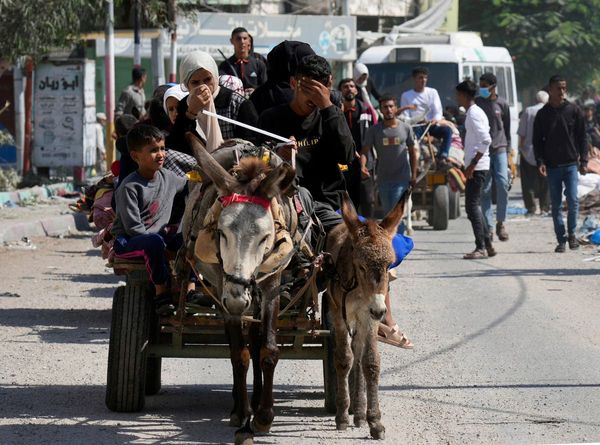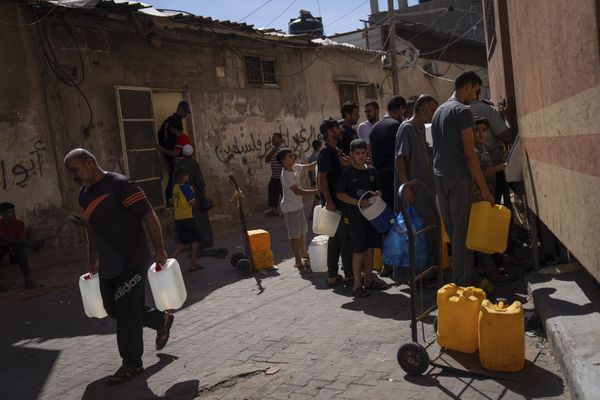
Zimbabwean authorities have banned large gatherings in parts of the country to fight a resurgence of cholera-related deaths.
The country's Health Ministry said in an statement it had recorded 36 new suspected cholera cases in early October, with numbers rising in many parts of the country.
Authorities have increased surveillance at ports of entry in an effort to contain spread of the disease.
In the capital, Harare, people have been discouraged from shaking hands, eating at gatherings and buying food from unlicensed vendors.
In the Zaka district, some 340 kilometres south of the capital, the local government has banned public gatherings that have not been approved by the health ministry.
Cases in all 10 provinces
The outbreak was first reported in February, when 30 confirmed cholera-related deaths were recorded.
Since then, 100 people are suspected to have died from the disease.
The health ministry said that 4,645 suspected cholera cases, 30 laboratory-confirmed deaths, 100 suspected cholera deaths and 905 lab-confirmed cases were reported.
All 10 provinces have registered cases.
The World Health Organization (WHO) launched an unprecedented joint mission with the Ministry of Health and Child Care to visit cholera-affected provinces in June.
In the region of southern Africa, Malawi, South Africa and Mozambique have all had recent cholera outbreaks.
The WHO warned that the risk of large-scale outbreaks is increasing with climate change, which has made tropical storms that limit access to clean water and sanitation more common.
Public health crisis
Critics are blaming chronic water shortages and poor sanitation systems.
Cholera outbreaks occur regularly in Zimbabwean cities, where supplies of drinking water and sanitation facilities are erratic and infrastructure has collapsed due to years of neglect.
In 2008, cholera claimed at least 4,000 lives in Zimbabwe and at least 100,000 people fell ill.
The 2019 cholera outbreak prompted the government to declare an emergency in the capital after at least 3,000 cases were reported.
It came at the height of the country's economic crisis when most of the public hospitals were closed due to a shortage of medicines and the flight of health workers abroad.
(with AFP)










